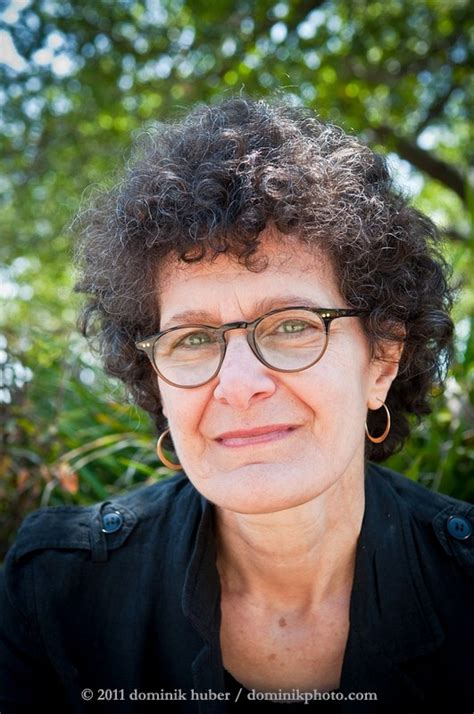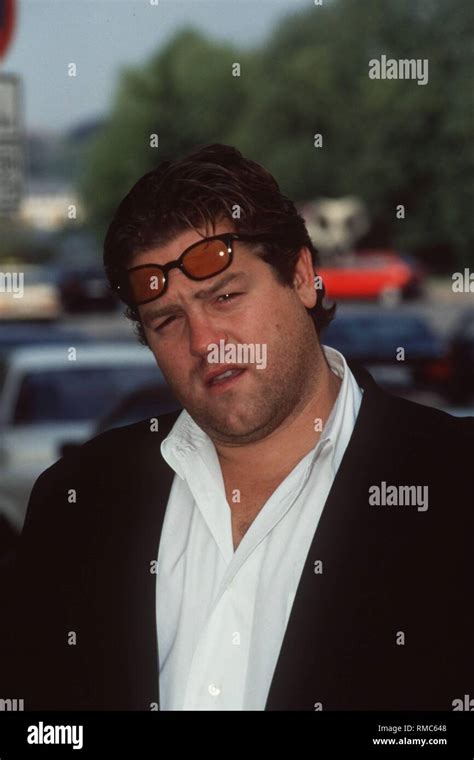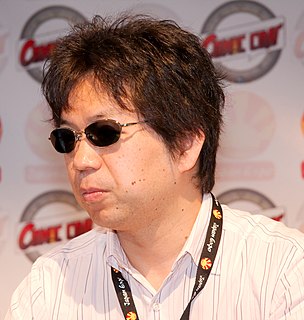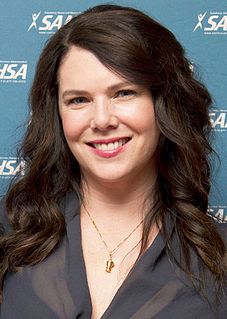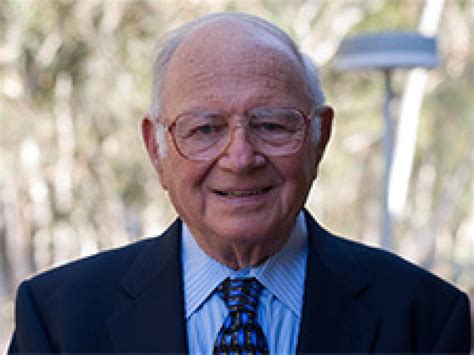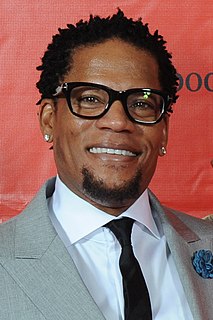A Quote by Susan Rosenberg
It was an extreme time, in a certain sense... I was totally and profoundly influenced by the revolutionary movements of the '60s and '70s.
Quote Topics
Related Quotes
The 60s were a continuation of the 50s much more than people realized. Certainly in some countries, like Britain, there was still a culture of deference, whereas in the 70s we really are in a time of angry transition. The generation that came into young adulthood in the 70s couldn't find jobs; that wasn't true in my generation. They entered a time when two depressing things hit them both at the same time.
Whoever sides with the revolutionary people is a revolutionary. Whoever sides with imperialism, feudalism and bureaucrat-capitalism is a counter-revolutionary. Whomever sides with the revolutionary people in words only but acts otherwise is a revolutionary in speech. Whoever sides with the revolutionary people in deed as well as in word is a revolutionary in the full sense.
I grew up in a secular environment, you know, in the '60s and '70s. My mother's family was Catholic, but you know, just very kind of conventionally Catholic. You know, nothing - there was nothing, you know, extreme about their version of religion. And my father was a free spirit, you know? He had no time for religion at all.
When I began writing poems, it was in the late 60s and early 70s when the literary and cultural atmosphere was very much affected by what was going on in the world, which was, in succession, the civil rights movement, the antiwar movement, and the women's movement in the 60s, 70s, and into the early 80s. And all of those things affected me and affected my thinking, particularly the Vietnam War.
